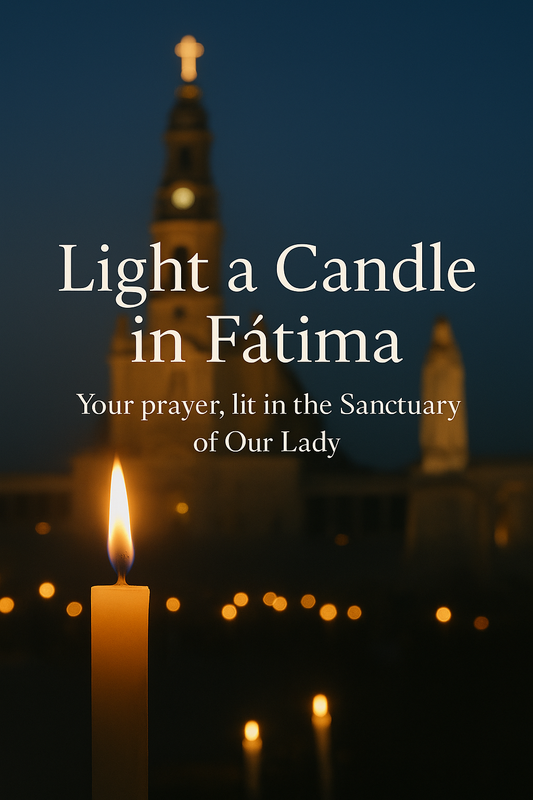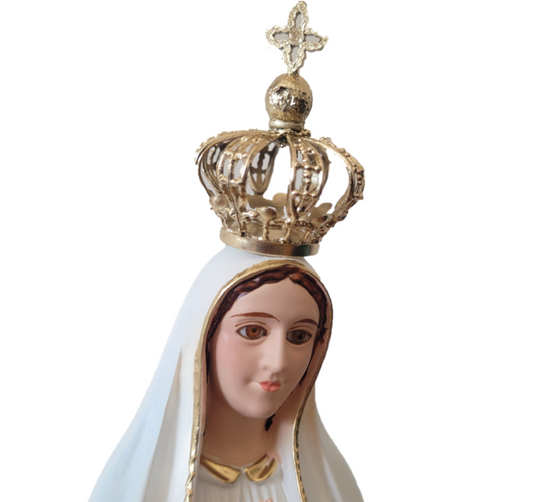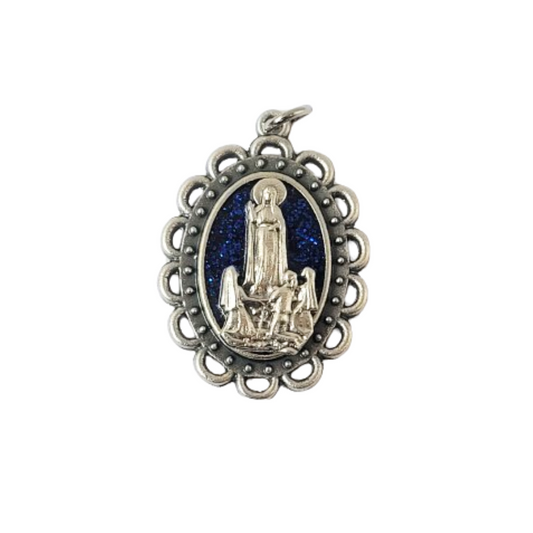The Story of the Presentation of the Blessed Virgin Mary
Mary’s presentation was celebrated in Jerusalem in the sixth century. A church was built there in honor of this mystery. The Eastern Church was more interested in the feast, but it does appear in the West in the 11th century. Although the feast at times disappeared from the calendar, in the 16th century it became a feast of the universal Church.
As with Mary’s birth, we read of Mary’s presentation in the temple only in apocryphal literature. In what is recognized as an unhistorical account, the Protoevangelium of James tells us that Anna and Joachim offered Mary to God in the Temple when she was 3 years old. This was to carry out a promise made to God when Anna was still childless.
Though it cannot be proven historically, Mary’s presentation has an important theological purpose. It continues the impact of the feasts of the Immaculate Conception and of the birth of Mary. It emphasizes that the holiness conferred on Mary from the beginning of her life on earth continued through her early childhood and beyond.
Reflection
It is sometimes difficult for modern Westerners to appreciate a feast like this. The Eastern Church, however, was quite open to this feast and even somewhat insistent about celebrating it. Even though the feast has no basis in history, it stresses an important truth about Mary: From the beginning of her life, she was dedicated to God. She herself became a greater temple than any made by hands. God came to dwell in her in a marvelous manner and sanctified her for her unique role in God’s saving work. At the same time, the magnificence of Mary enriches her children. They—we—too are temples of God and sanctified in order that we might enjoy and share in God’s saving work.
November, 21st






